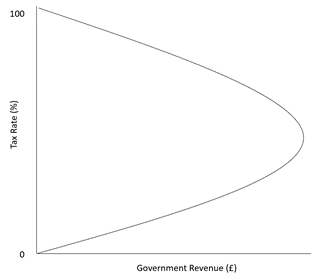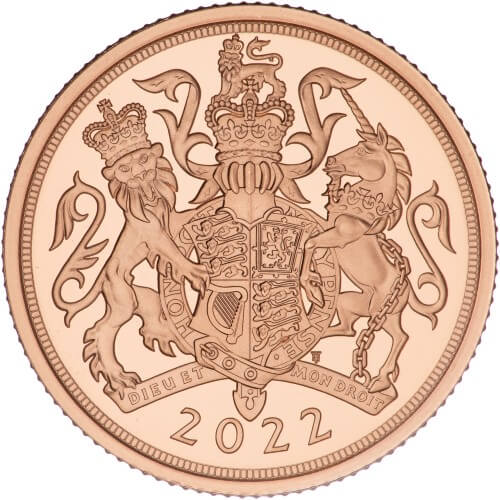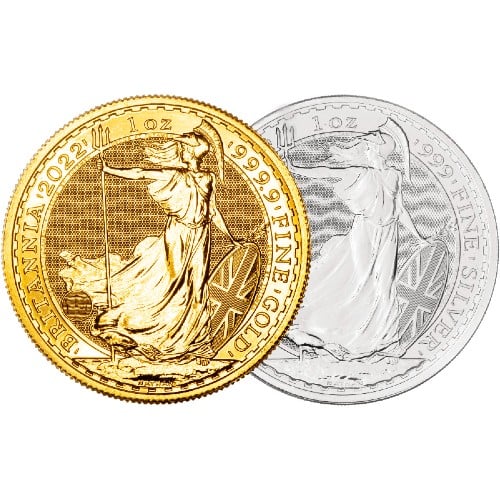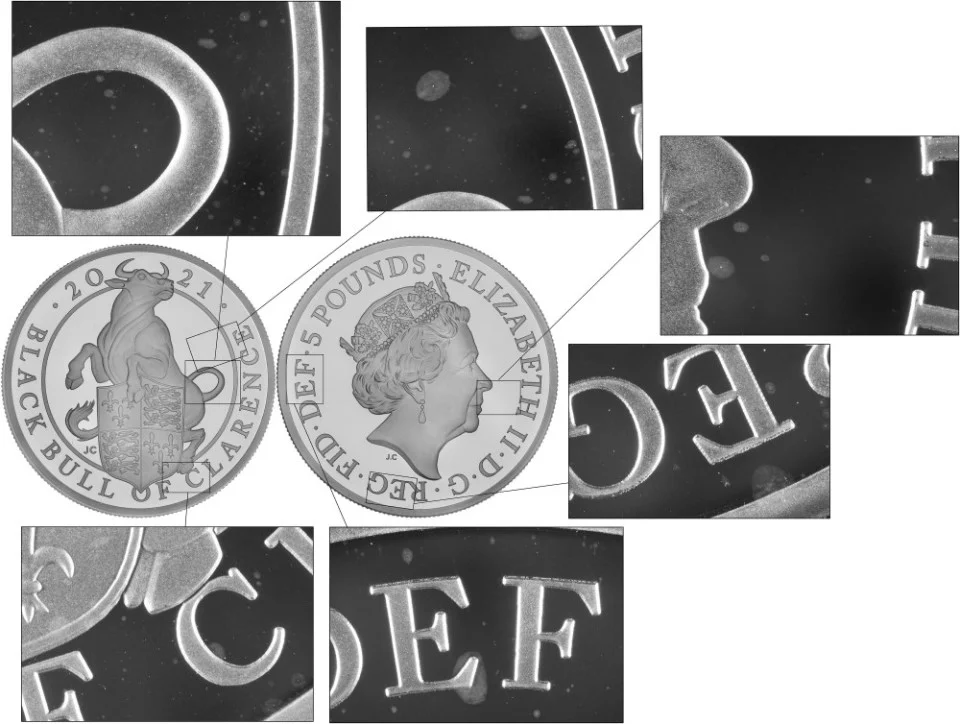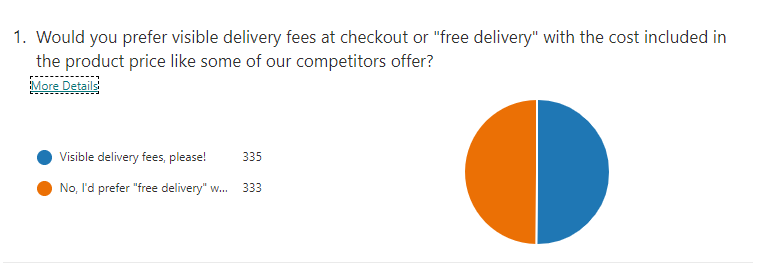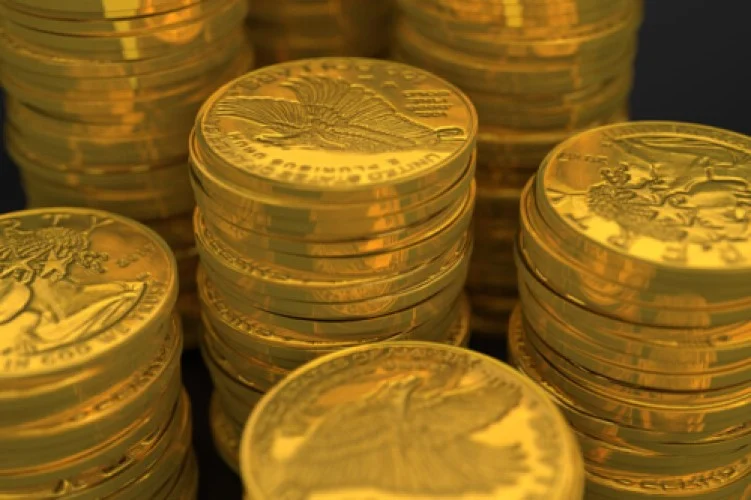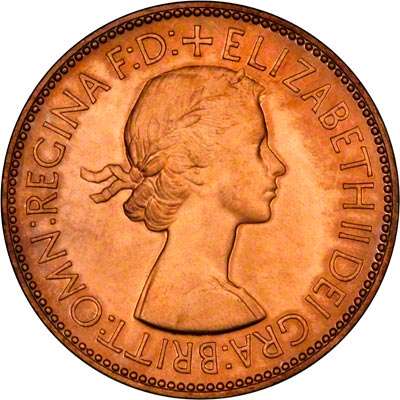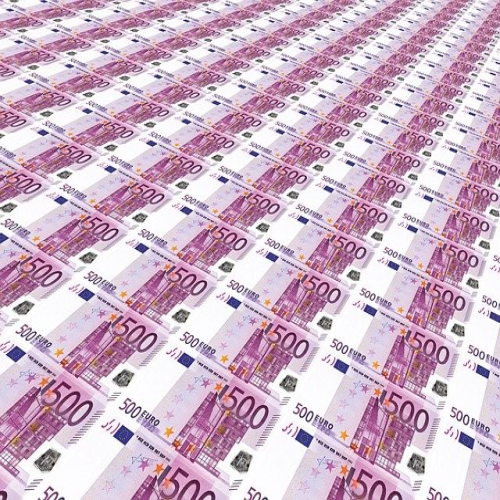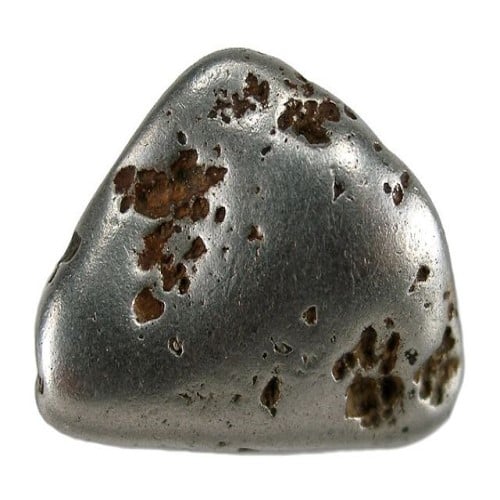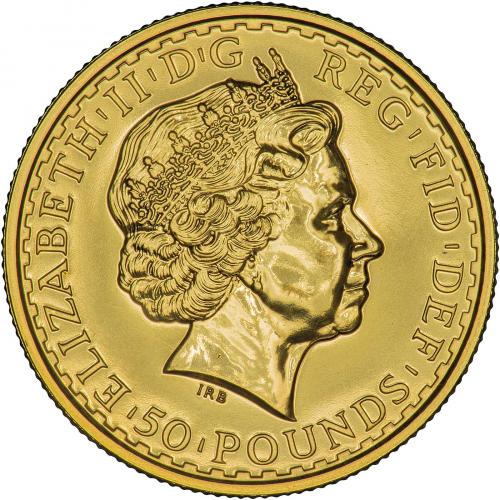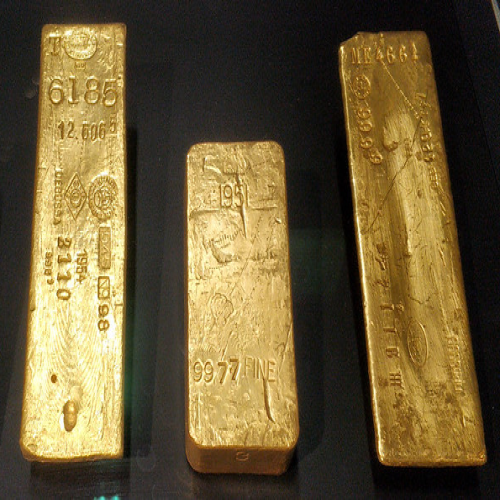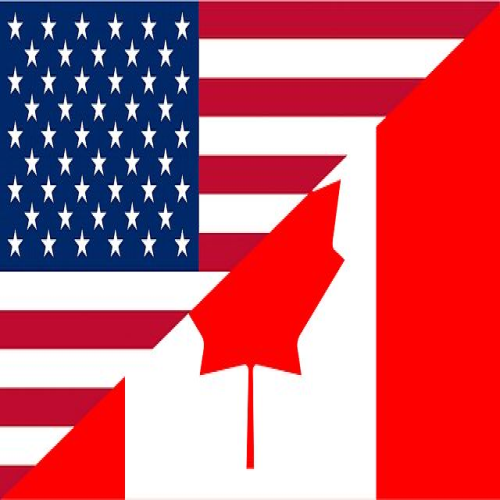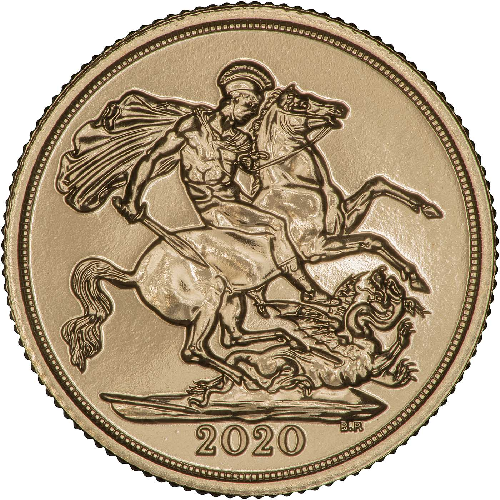Gold Price Forecast - How is it Measured?
Synopsis
Is there a method for predicting the movement of gold and stock prices? Aside from astrology and fortune telling, there is little economists and analysts can do to predict the future. They try their best though!

Methods of Forecasting Prices
There are few job advertisements for fortune tellers in the financial sector, which is a surprising because a savvy savant could charge a fortune(!) for their predictive capabilities. Instead, financial analysts use a number of methods to make approximations on the direction of the future price. It should be said, NOBODY can predict the future. Attempts to do so would be futile, but that being said, expert technical analysis of markets, current sentiments, and geopolitical events can give an estimation of future trends.
Historical Analysis
Looking at the historic price of a commodity, gold for example, it’s easy to assume that the price would just go up and up. That would be a reasonable assessment, wouldn’t it? Well, yes and no. Of course, it would be easy to assume that the price would continue in the same direction. But not all commodities “act” in the same way. Prices are determined by supply and demand, not by what they used to be. Also, how does the historical price, tell an investor what the exact price will be tomorrow or the day after? Well, it can’t. Investors will make their decisions based on their own individual judgement. The most successful investors will predict the lowest price, and the least successful may miss the boat completely.
Geopolitical Analysis
Economic and political events often have an impact on asset prices as they also give implications as to the direction of the future economy. For instance, political turmoil, or the possibility of war in a country would understandably lead to many withdrawing their investments from the region in order to protect themselves from confiscation or destruction. “Regime uncertainty” either through warfare or a genuine political election would also lead to higher or lower prices depending on how friendly the winner is to foreign investment.
The CAPM Model
An often-used academic method of calculating future prices/returns is William Sharpe’s Capital Asset Pricing Model (CAPM). CAPM is a formula which looks at market returns (rm), like the FTSE-100, Dow Jones etc., and the relationship between it and the particular asset (known as the beta, or β), and a “risk-free” (rf) asset such as a government bond or GILT. Formulaically, the formula looks like this:
Er = rf + β(rm - rf)
The expected return (Er) therefore, is an indication of where the asset price should lie. If the price on the market is lower than what CAPM indicates, the asset is undervalued and therefore be invested in. If the market-indicated price is higher than what CAPM suggests, then it is overvalued and should be avoided.
A number of critics have addressed CAPM’s theoretical assumptions along with empirical tests. Firstly, the beta refers to the correlation between the asset price and the market price. As prices change continually, the beta is never consistent, so results will differ depending on when the data is used or the timescale of the analysis. Secondly, the “risk-free” bond rate assumes that this rate is consistent. However, increases in the bond rate increases costs and can make the stock look overvalued.
The overall effectiveness of CAPM is questionable as empirical results have been inconsistent with some studies showing it to be as low as 30% and others around 60%.
Gold Price Forecast 2021
A number of major financial institutions have already made their prediction for 2021. Goldman Sachs have said recently it is maintaining its target of $2,300/£1,715. HSBC have been more bearish with chief precious metals analyst, Jim Steel predicting an average of $1,965/£1,464. Companies and analysts may have their own methods and take their own interpretations of the resulting data. Time will only tell if they will be successful but by that time, will it still be as relevant?
Summary
Unfortunately, there is no way of knowing the future or what the best decision is. In some sense, time can tell us what the right decision was, but this is of course, is only in retrospect. Those with a higher success rate in predicting future prices are bound to be in demand, and their insights will command a high fee, while those who are unsuccessful are either run out of business or take a step back to review their methods. This is the market process. If everybody knew with 100% certainty that prices would go up at a particular point in time, there would be nobody to trade with!
Related Blog Articles
This guide and its content is copyright of Chard (1964) Ltd - © Chard (1964) Ltd 2024. All rights reserved. Any redistribution or reproduction of part or all of the contents in any form is prohibited.
We are not financial advisers and we would always recommend that you consult with one prior to making any investment decision.
You can read more about copyright or our advice disclaimer on these links.



